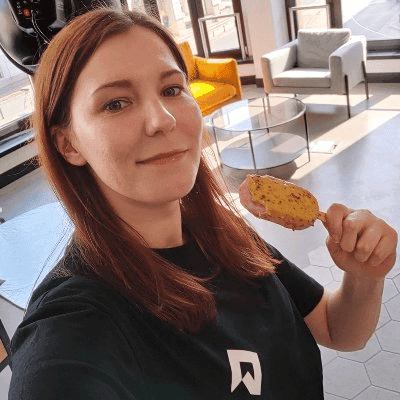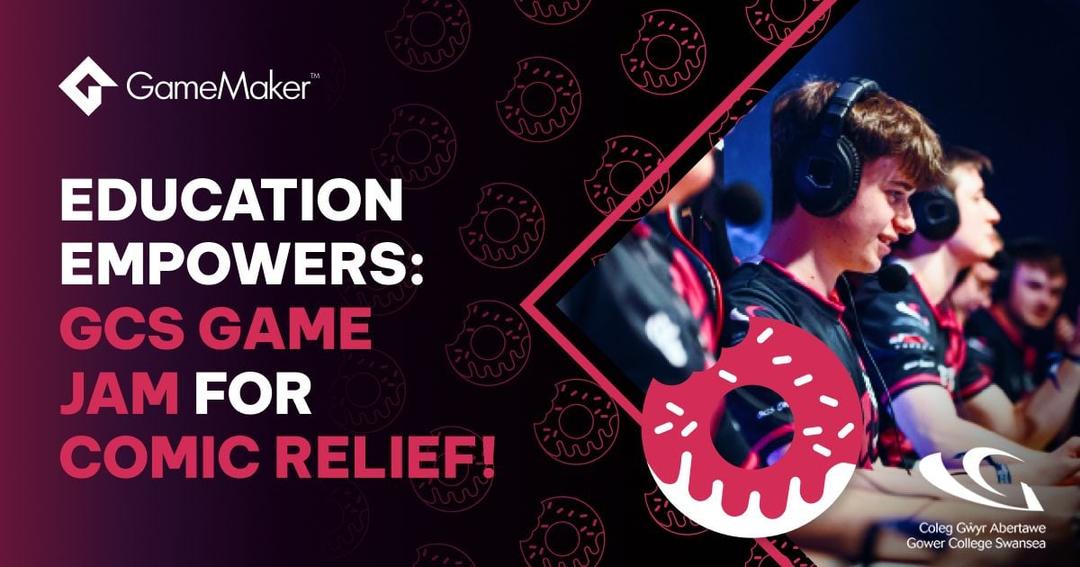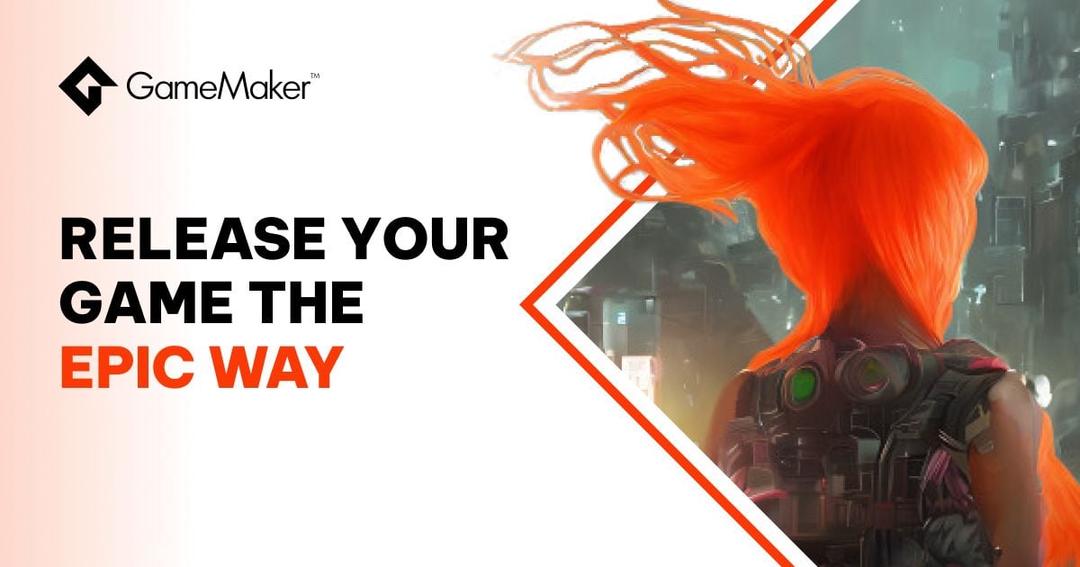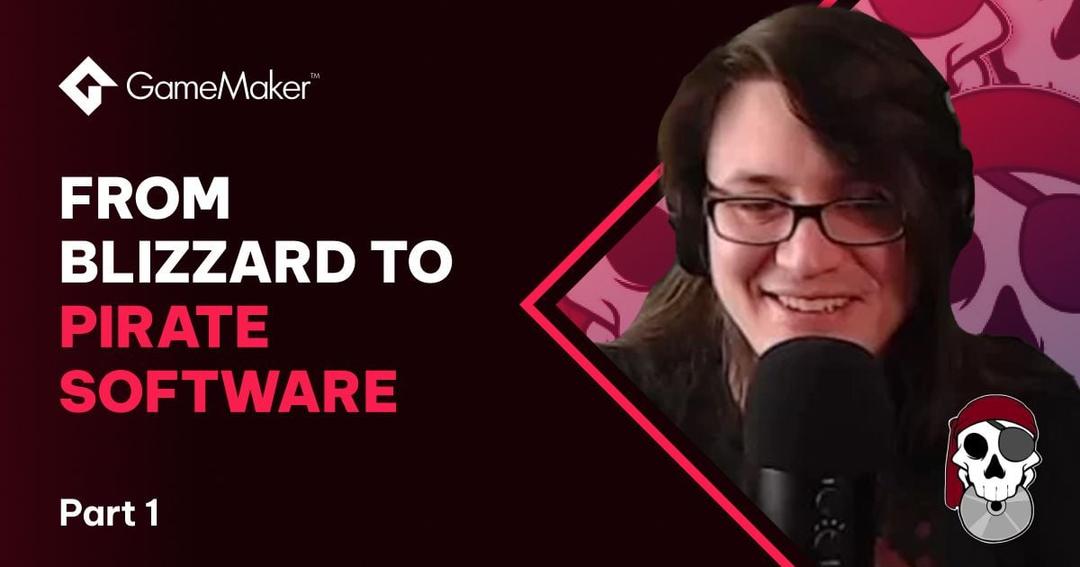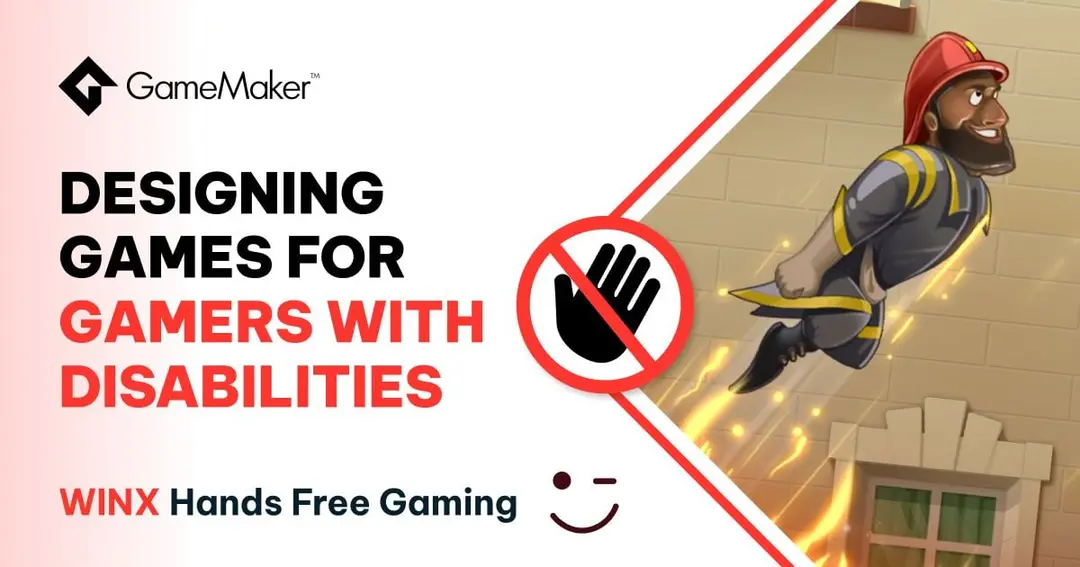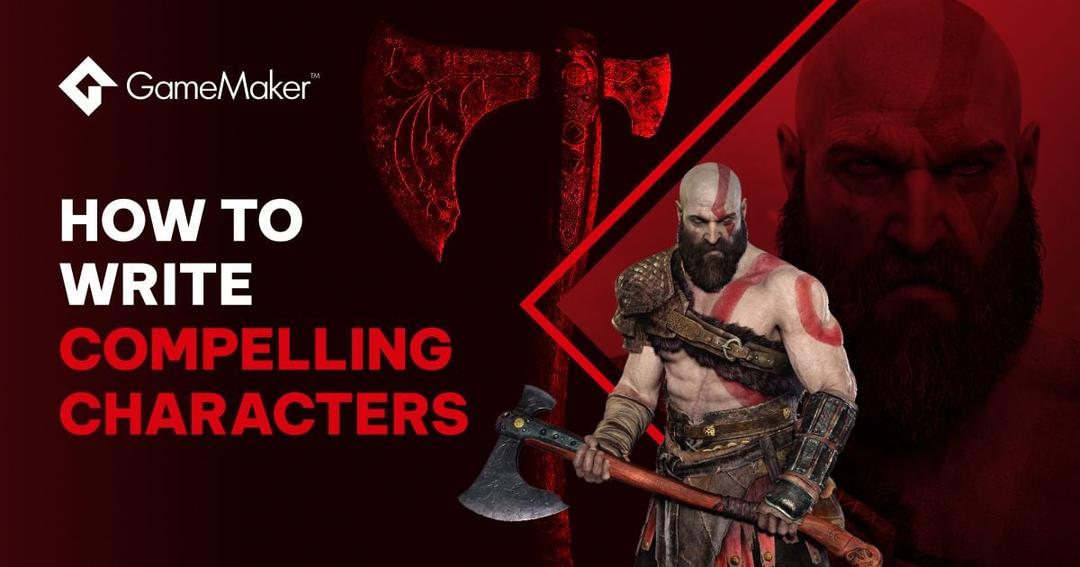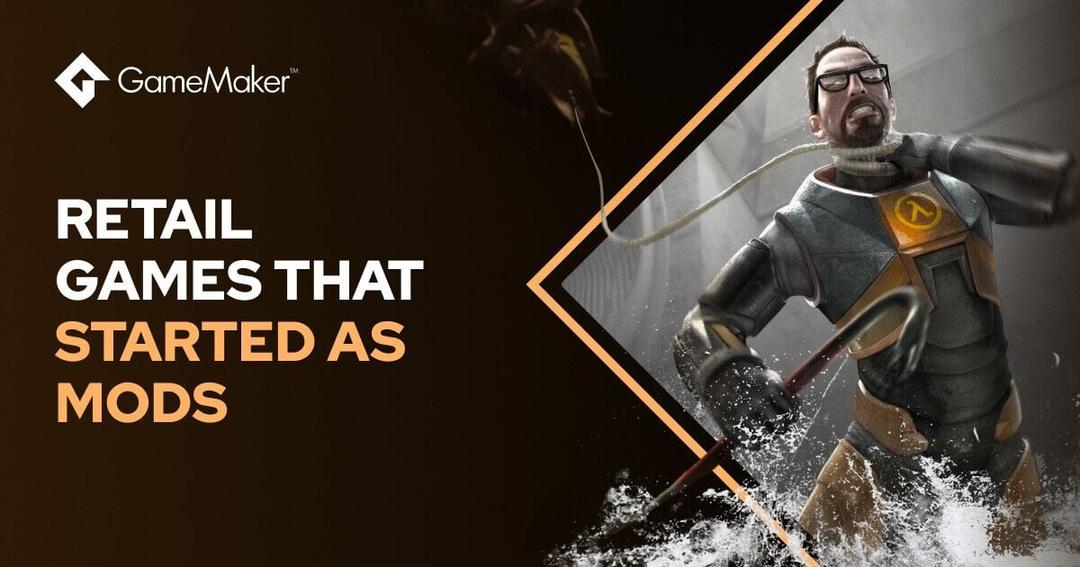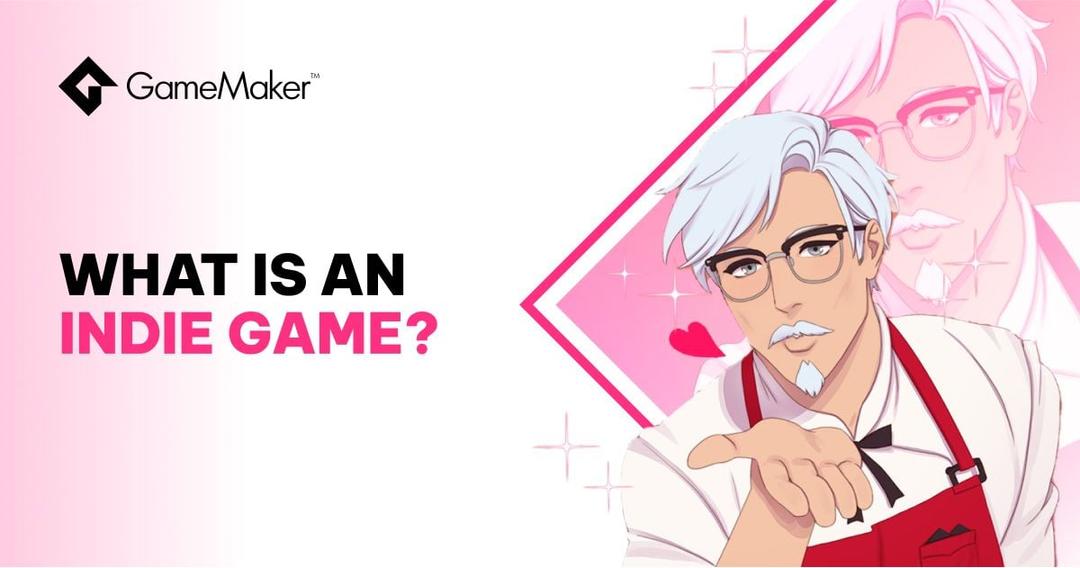Pirate Software: Indie Game Development With Heartbound And Beyond
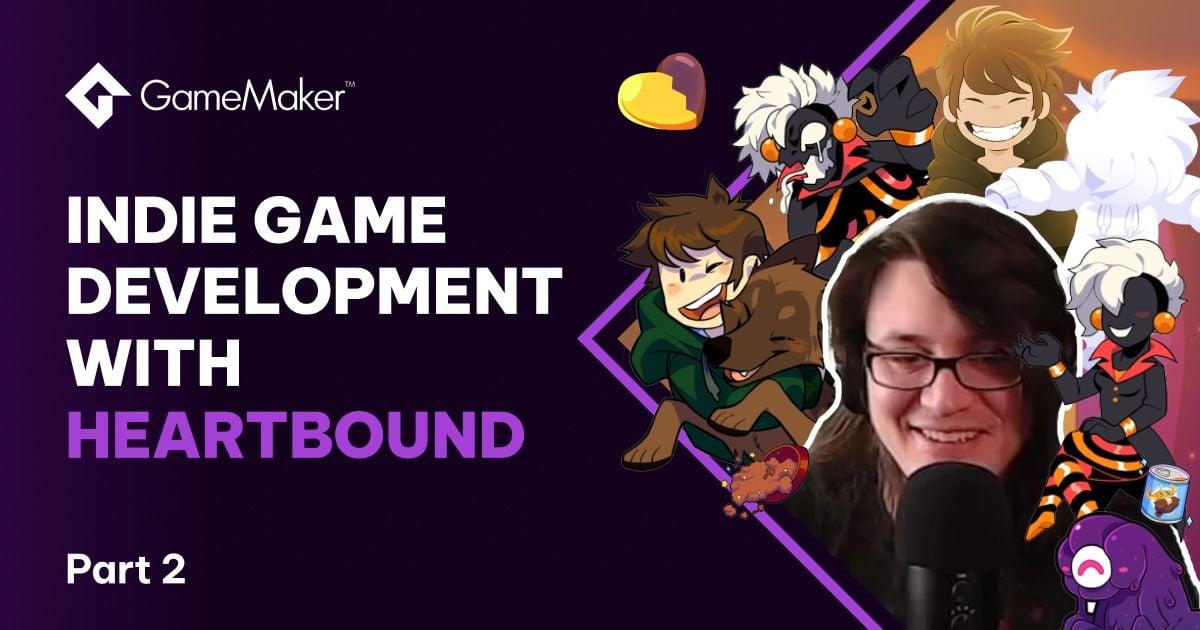
Welcome back to part two of our interview with the lead programmer at Pirate Software, Jason Thor Hall. You can find the first part here and it’s absolutely worth your time to read. In this part we’re going to talk about the indie developer life, promoting your first game, the biggest challenges of the RPG genre and what lies beyond Heartbound…
Was starting your own studio a challenge?
Pirate Software: Yeah. Yes. Oh yeah.
For a long time I did it while I still had a day job, so when I was still working at Blizzard or at Amazon, or the Department of Energy I was still doing this on the side.
What was your first game under the Pirate Software banner?
Pirate Software: Our first game was actually Champions of Breakfast! It was a tiny little arcade shooter and I’d never worked in GameMaker or worked with the GameMaker Language, our artist had never made pixel art before and our musician had never made any sound effects or music for a game before.
We went from concept to launch on Steam in 24 days which was wicked fast. We had a working prototype in the engine in six hours and it worked perfectly. We had a game you could play and it was all squares but, you know, it works.
We shipped the game in 24 days.

Champions of Breakfast, available now!
How did promoting the game go? This was before Twitch set up the categories for game development, and YouTube Shorts.
Pirate Software: The first thing that I tried to do was contact all the major YouTubers. “Hey, you want to play my game?”
Not a single response. No one paid attention. So I was like, ‘this is not the right way to do this at all,’ so I opened up a Discord and we had a first player join into it, and we just started doing that and like, hanging out with the community and making updates based upon the things that they were saying.
What were some of the biggest things you learned from releasing your first game?
Pirate Software: Putting Champions of Breakfast out on Steam started really slow, and that game was not a financial success at all, but it taught me everything I needed to know about how to run a studio as an indie. It taught me everything I needed to know about how to launch a game on Steam, how to make Steam trading cards, how the business of Steam worked. The community features is- there's a ton honestly, and then even weirder things too.
People don’t realize this but Steam takes 30% of sales on Steam, but if you get Steam keys, they’re free. And if you sell those steam keys through Humble Bundle, Steam takes nothing, and that's by design. They do that specifically because it helps get more customers onto Steam and that’s amazing for an indie dev to have a free distribution system like that. It’s bananas.

Heartbound is available in early access here! You can also try the demo.
Can you tell us a little bit about Heartbound? What inspired you with it?
Pirate Software: I grew up on Super Nintendo games, I love Super Nintendo games, so things like Earthbound, Secret of Mana, Chrono Trigger. When I was a kid, I loved Dungeons and Dragons. Loved the hell out of it, right? I was so enthralled by the idea of magic and dragons.
I played Secret of Mana and halfway through that game you get a dragon, right? And then in the end of the game you have to kill your dragon and I was so upset that I actually deleted my save file! I thought I played the game wrong and then I literally went back and played the whole game again and found out that there's no other route and that was the first time I ever felt an emotional reaction from a game.
I want to have a game that evokes some kind of an emotional reaction. I want to have something that reminds me of the humor of Earthbound, which is very quirky. Full of puns and silliness like that. But I want to have a combat system that reminds me of Warioware.
It's kind of the emotional thing from Secret to Mana, the humor of Earthbound and then on top of it that the gameplay of Warioware which is a weird combo but it's worked out!
Some people on Steam compare your game to Undertale or Deltarune. What do you think about that?
Pirate Software: it's a compliment! We showed off Heartbound at a show in San Diego and we had these 9 to 12 year old kids playing the game. So I wanted to see how kids would react because kids have no filter. They'll tell you when your game is bad, they'll be brutally honest about it.
The thing that I found on the second day was we had to have two controller setups because kids couldn't use the keyboards. The hands were too small. They didn't know how to do it. This is weird but 50% of the kids it was about half the whole time would move the controller out of the way. When they first walked up to the booth and tried to touch the screen. Because they'd never played a game outside of a phone or a tablet or whatever. And it was just like, “no, no, don't touch the screen!”
It was like this generation has never experienced these types of games, so a lot of them, their first pixel art game was Undertale.
Now when they see any pixel art screenshots their first reaction is ‘oh that's like Undertale!’ immediately, no matter what it is. I totally understand where that's coming from because they never saw the old school games on the Super Nintendo.
So there’s a lot of remixing of mechanics and styles from the past?
Pirate Software: It's the same thing. You're seeing a lot of games that are doing these old-school mechanics and styles right now. Like Dome Keeper! Dome Keeper has tons of stuff from Missile Command and Dig Dug. That's kind of the combination there.Peglin is another that’s mixing classic mechanics and styles, bringing them into the new generation.
They’re amazing. They've been done before, but they're put in this new light. It’s the same thing for Undertale. They've brought in the ability to show people pixel art again and the next generation is busy creating about it. I think it's awesome, frankly.
Was there anything about Heartbound that you found particularly challenging to create or develop?
Pirate Software: Before this, the only writing I had ever done was for Dungeons & Dragons games for years. I've actually got a huge wooden chest, underneath my desk, with all my D&D stuff-
Editors’ note: Reader, we didn’t get a picture of it. We are truly sorry. It was spectacular, though.
I got so into writing for this kind of stuff, but I had never sat down and written out every side of the characters, right? Because there's always the player aspect for a D&D game where you only have to write the side that you do and then the rest of it is kind of ad-libbing or trying to set up a situation where you can talk to them and kind of roleplay out any situation.
In a video game, you can't do that.
But you can set up situations where you know where someone is most likely going to react in a certain way and then write all the different eventualities for those circumstances. It's not always the same and that was tough for me at first. I've gotten the hang of it.
I've gotten much better at it but, I think in the beginning, because Heartbound has so many routes through it it became very hard to manage. I've built all these tools and these frameworks for me to be able to do this now and it's easier.

Dungeons and Dragons in action. Also featuring a 2nd Edition Warhammer 40,000 blast template
(Editor’s note: thank you for including this, it would have bugged me otherwise.)
Aside from Champions of Breakfast and Heartbound have you made any other games?
Pirate Software: So, a long time ago, back in the early days on Newgrounds.com, I made a Flash game called Space Thing 2025. I think it was probably my first one and then I went to work in AAA much later, but that was probably the first one. Then I got into a game called Second Life, and I started making games inside of Second Life and I created this first person shooter using their servers as the base for that for the networking.
Why did you choose to work with GameMaker on your games?
Pirate Software: I ended up looking at a bunch of different engines in the beginning. Gamemaker Studio was really, really good for 2D at the time and I wanted to make 2D games. I want to make 2D pixel art games, Unity was good for 3D. And it could do 2D but you're still building 2D inside of a 3D environment, so it can get bloated, and there were just a lot of features that I didn't really need. Unreal was like ‘I don’t really need all of this stuff!’
The next one is the financial thing though. GameMaker was a hundred dollars one time for a permanent lifetime license. And I was like, ‘no royalties for forever! No other engine offered a deal like that! None of them.’ GameMaker was a one time license. I don't have to pay for anything ever again. That's amazing for a small studio.
So what’s in the future, aside from finishing Heartbound?
Pirate Software: We’re probably going to be making a shooter game after this, and then we’re going to work on another RPG about cosmic horror. We’ve already started getting together mood boards and writing a story out for that.
Is there anything about GameMaker that you would change?
Pirate Software: I think that the workspace has gotten really awkward to use from gamemaker 1.4 to now. I think that it impedes my workflow quite a bit. Actually, it used to be much easier to work with where I could just put the windows anywhere that I wanted to and just kind of move things out. Now, I have to make a secondary window pop my thing into that window. It's just adding like one or two extra steps. It doesn't seem like a big deal, but when you're working on a game for five years, you're adding an extra second here, an extra second there that adds up very quickly over hundreds of thousands of hours, right? And I think that's the biggest problem that I have with it right now.
It's such a weird change. I think the only other thing too is there's a lot of menus that are not sortable in any way. So as an example, texture pages, texture pages are not alphabetized, so they're actually that menu is sorted in the order that they were created.
And that brings us to the end of our interview with Pirate Software. It’s a fascinating read and shows that there are so many paths to a career in game development. We’d like to thank Thor for all his work to inspire and encourage people to get out there and start making games.
